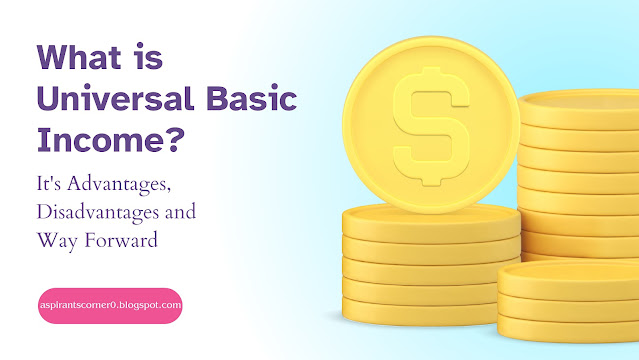India's Potential to Become the Pharmacy of the World
India's Journey to Become the Pharmacy of the World With a history which dates back to the ancient practices of Ayurveda, India has cemented its position as a dependable country when it comes to health crisis. India's pharmaceutical industry is witnessing steep growth with lots of innovation and employment generation. India is promoting a positive Image of the country world-wide. The pharma industry has brought path-breaking innovations and rapidly improved its global potential for distributing time-critical drugs to every corner of the world. For instance, under Vaccine Maitri initiative and Neighbourhood First Policy, India has supplied more than 150 nations with medicines and vaccines. Ex: Hydroxychloroquine (HCQ) to USA. However there are some issues associated with this sector which requires attention:- Forces that Contribute to India's Pharmaceutical Growth India's transformation into the Pharmacy ...







_page-0001.jpg)